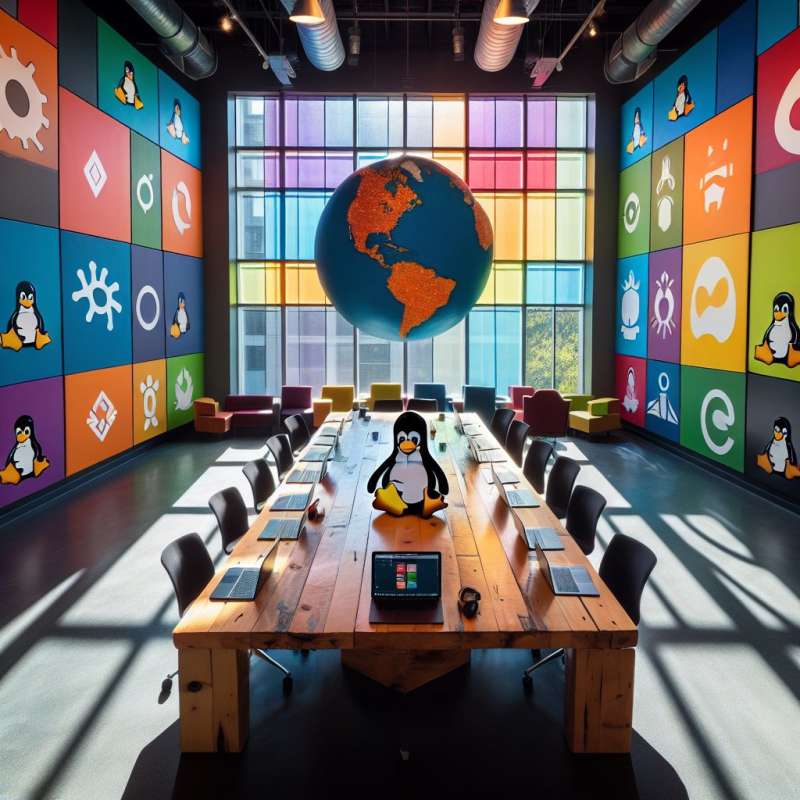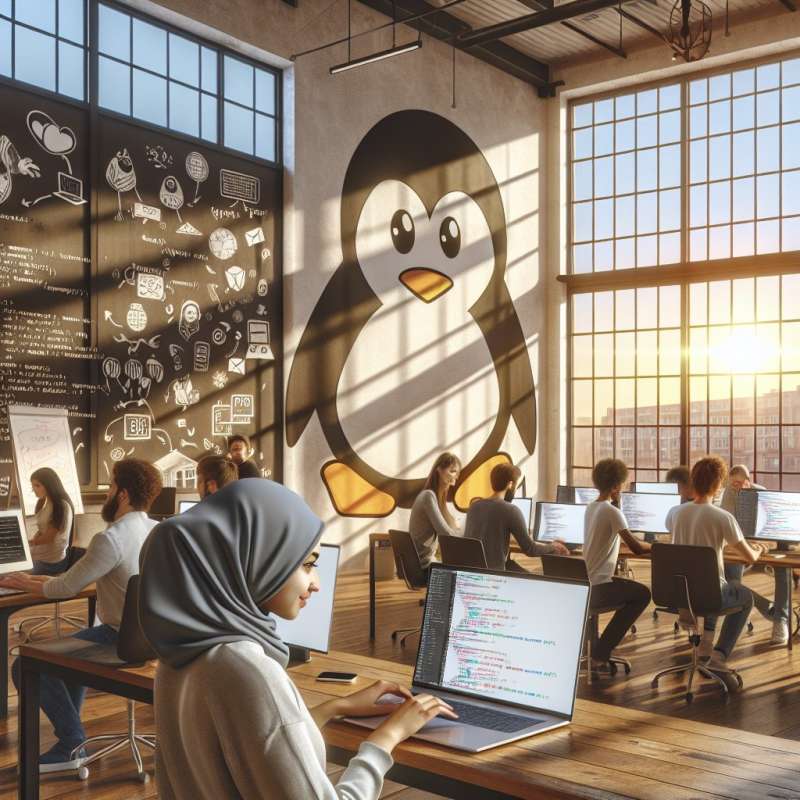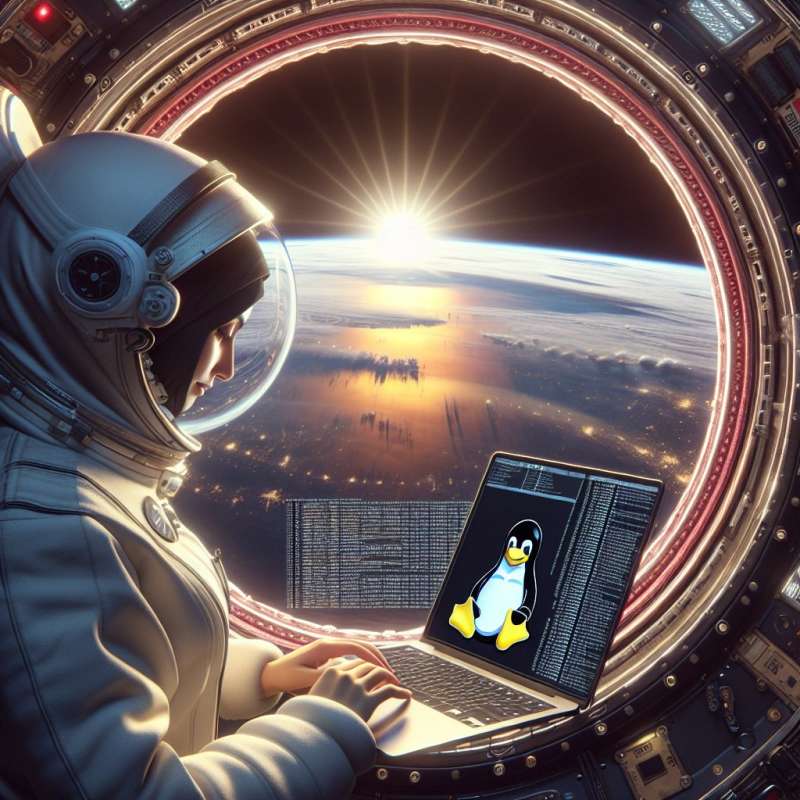
Linux: The Beginning
Linux was created by Linus Torvalds in 1991. Interestingly, it's kernel adoption was initially slow; however, its open-source nature allowed for rapid evolution and improvement through global collaboration.
Linux Powers the Internet
Most of the internet is powered by Linux servers. The robustness, security, and scalability of Linux make it the backbone of cloud services, data centers, and even the majority of smartphones worldwide.
The Distros Galore
There are hundreds of Linux distributions (distros) tailored to various needs. From desktop-friendly Ubuntu and Fedora to server-centric Red Hat and CentOS, each distro offers a unique ecosystem of applications and tools.
Linux Commands Mastery
Mastering the command line is crucial in Linux. Commands like 'grep' for searching, 'sudo' for privileged execution, and 'ls' for listing directory contents are foundational. Each command has a rich set of options that offer powerful functionality.
Linux's Free Software Philosophy
Linux is deeply rooted in the free software movement. Unlike proprietary operating systems, users have the freedom to modify, distribute, and study the source code, leading to a vast, collaborative environment for innovation.
Custom Kernels: Advanced Use
Users can compile their own Linux kernel, optimizing it for specific hardware or applications. This customization capability allows for specialized systems that can achieve high performance for tasks like computing clusters or embedded devices.
Linux in Space Exploration
Linux has even reached outer space. NASA and SpaceX use Linux-based systems in spacecraft. Its reliability and modifiability make Linux an ideal choice for the rigorous demands of space exploration and operation.
Who created Linux in 1991?
Steve Jobs
Linus Torvalds
Bill Gates
Company